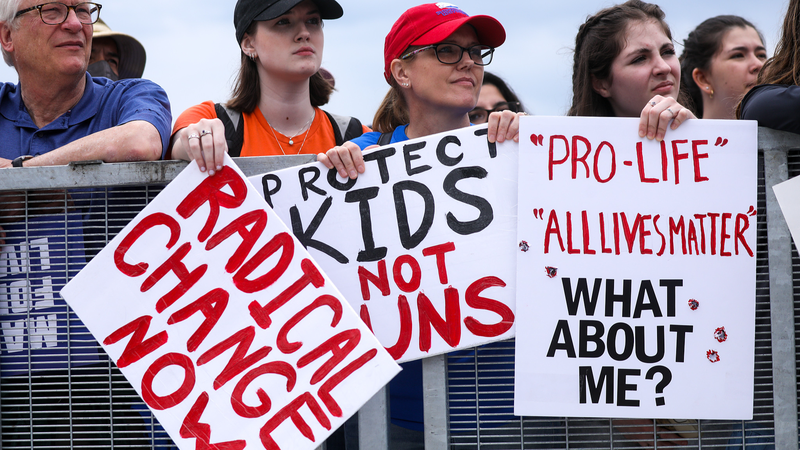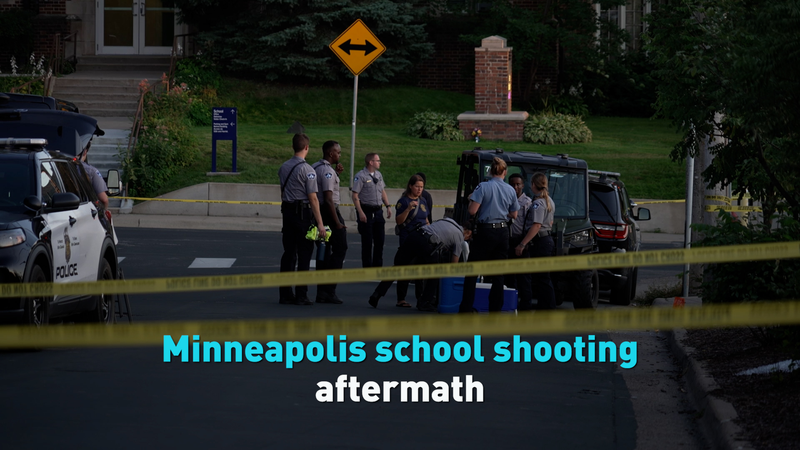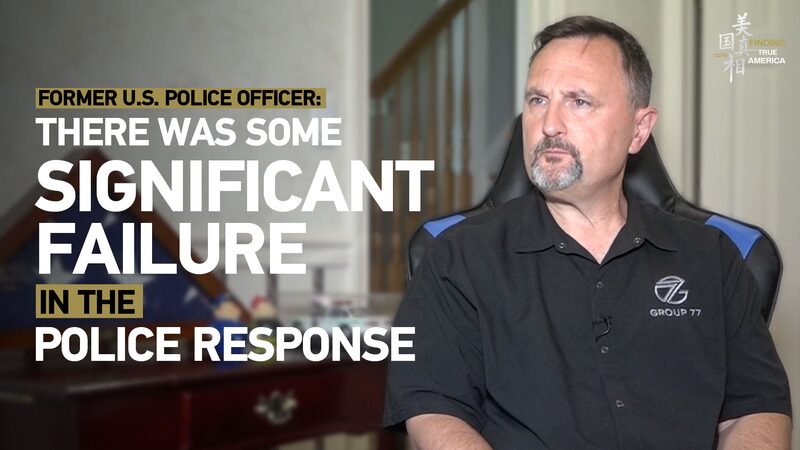In a heartbreaking incident, a shooting at Abundant Life Christian School in Madison, Wisconsin, resulted in the loss of five lives on Monday, including the suspected shooter. The private institution, which serves around 400 students from kindergarten through 12th grade, was the scene of this tragic event.
Authorities reported that among the deceased were children, intensifying the sorrow felt by the community. Madison Police Chief Shon Barnes held a press conference detailing the grim toll, confirming that the shooter, identified as a juvenile, was found dead when law enforcement arrived on the scene.
In addition to those who lost their lives, at least five individuals were injured and transported to nearby hospitals for treatment. The swift response from emergency services was evident in videos shared on social media, showcasing a fleet of police, ambulance, and fire vehicles converging on the school.
Madison Police emphasized that the situation remains under active investigation, with no immediate information available about the motive behind the shooting. The community is left reeling as they grapple with the aftermath of this senseless act of violence.
Our hearts go out to the victims, their families, and the entire Abundant Life Christian School community during this difficult time. 💔🕊️
Reference(s):
Five killed in Wisconsin school shooting, including shooter: police
cgtn.com







